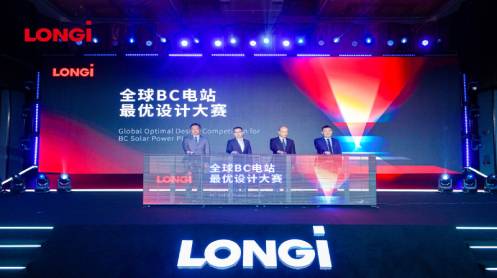KARACHI: The government has decided not to include cross-subsidy and stranded costs into the electricity wheeling charges on industrial connections, it was learnt on Tuesday.
This will promote healthy competition and pressurise distribution companies to improve their performance.
Nepra said imposition of such costs would not only discourage wheeling regime in Pakistan but at the same time would also provide no incentive to discos to improve their performance in terms of reduction in transmission and distribution losses, minimise pendency of new connections and increase recoveries.
Wheeling target consumers are primarily industrial connections, which establish interconnection with relevant power distribution companies (discos) on self-finance basis and no cost in this regard is incurred by discos/ the Central Power Purchasing Agency (CPPA). Hence, there is no point for adding stranded costs on such industrial consumers. The cost benefit will help industrial sector to bring down cost of production. Energy tariffs are one of the main costs of production and render industrial sector uncompetitive with regional peers.
National Electric Power Regulatory Authority (Nepra) approved Wheeling of Electric Power Regulations 2016 to facilitate wheeling of power in the country. However, different stakeholders voiced their concerns on the regulations in terms of treatment of transmission and distribution losses during wheeling. Power distribution companies said the CPPA bills them on fixed cost basis whereas the consumer end tariff is volumetric in nature, thus, any consumers leaving discos would result in recovery of fixed costs from the remaining consumers, hence, putting additional burden either on the remaining consumers or the same would be picked up by the government.
CPPA on the issue submitted that stranded asset cost and cross-subsidy charges are relevant costs that need to be incorporated into the wheeling charges and if these issues were not properly taken into account in the existing wheeling regime, it would have huge financial implications on the regulated consumers.
CPPA said if there is reduction in total energy sales by 1 percent due to wheeling, the current resulting financial impact on discos and their consumers is Rs14 billion for the FY2020/21.
Fatima Energy Limited said there is no data available showing that consumers are leaving the grid, creating a large gap in utilisation of network resulting in stranded costs attributed to consumers abandoning the grid. In fact, a large increase in consumer demand has been projected which requires constant expansion in network.





